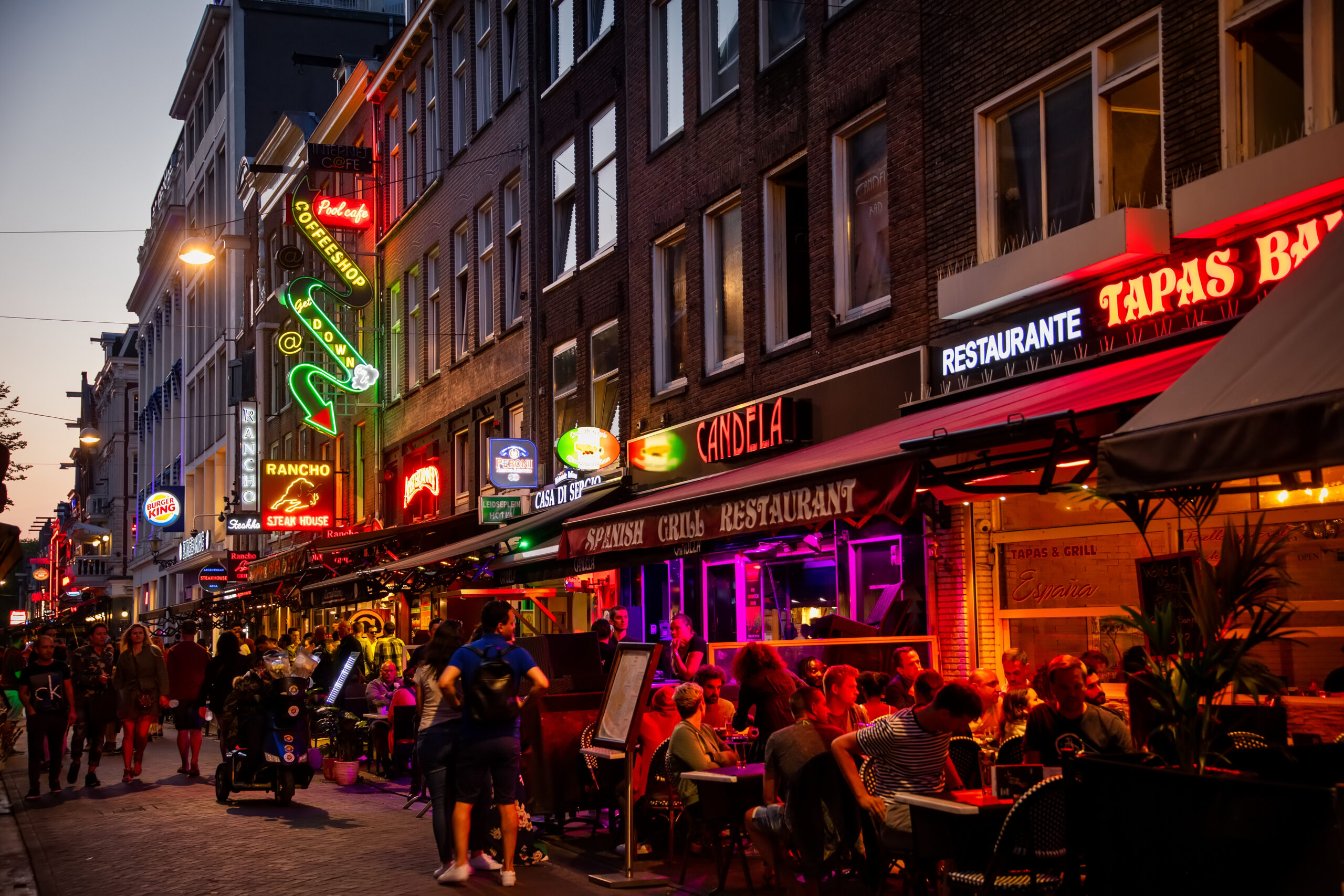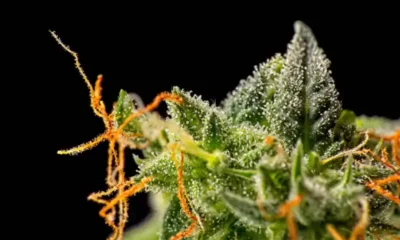Connect with us
Published
11 months agoon

Since the recreational cannabis legalization boom began in the U.S. more than a decade ago, advocates, consumers and legislators alike all posed a similar question: Where will people go to use cannabis in public? Many jurisdictions prohibit public cannabis consumption, leaving few legal options for residents out on the town or visiting tourists.
California is finally making the change, as the State Assembly passed a bill to allow local California governments to license “Amsterdam-style cannabis cafes,” according to a press release. Assemblymember Matt Haney (D-San Francisco) authored the bill, which was broadly passed with bipartisan support in a 64-to-9 vote.
Amsterdam cannabis cafes are essentially what they sound like: Folks can come in, buy a cup of coffee or tea, enjoy some food and live music—and cannabis use is permitted as well. There are more than 700 cannabis cafes operating across the Netherlands, and more than $1 billion is spent at the cafes each year.
The hope is that changes brought on by the bill, Assembly Bill 374, will allow struggling cannabis businesses to look toward other options, instead of the cannabis-only dispensary model, and to help bring more tourist dollars into empty downtowns.
Another piece of rationale behind the bill: California has embraced dispensaries as the only way to get cannabis, as opposed to the socially focused model of cannabis cafes in Amsterdam. Customers and patients can only shop at pharmacy-like businesses, order at the counter, only purchase cannabis and then leave.
Haney referenced the need for cannabis-friendly public spaces, citing that many people want to enjoy legal cannabis in the company of others, while enjoying activities that coffee shops and cafes typically offer.
“There’s absolutely no good reason from an economic, health, or safety standpoint that the state should make that illegal,” Haney said. “If an authorized cannabis retail store wants to also sell a cup of coffee and a sandwich, we should allow cities to make that possible and stop holding back these small businesses.”
California is widely known as a very cannabis-friendly region, and it’s still the largest cannabis market in the country. The state’s early introduction of medical cannabis helped it to stand apart as one of the first regions advocating for an expanded view on the heavily criminalized drug.
However, the state’s cannabis industry has been in the midst of numerous issues as of late, between a steep drop in prices, hefty excise taxes for cannabis professionals and increasing debt throughout the industry as a whole, as just a few examples.
“California’s small cannabis businesses are struggling,” Haney said. “Issues like over-saturation, high taxes, and the thriving black market are hurting cannabis businesses who follow the rules and pay taxes.”
According to the release, California’s legal cannabis sales reached $4 billion in 2020, but the state’s illicit market sales were projected to have exceeded $8 billion.
Another highlight is simply allowing cannabis retailers to diversify their businesses. Selling non-cannabis-infused products isn’t legal at dispensaries, but AB 374 would allow retailers to move away from the current, limited dispensary model to sell non-cannabis-infused foods.
“To be clear, we’re not saying that coffee shops should be allowed to sell cannabis,” Haney said. “We’re saying that cannabis shops should be allowed to sell coffee. It shouldn’t be illegal for an existing cannabis business to move away from only selling marijuana and instead have the opportunity to grow, thrive and create jobs by offering coffee or live jazz.”
Consuming cannabis on-site at cannabis retailers is technically legal in California, though patrons can’t expect to just light up in any dispensary, of course. Some San Francisco lounges occasionally host live music or comedy, but the right isn’t afforded to dispensaries across the state.
The bill still must be approved by the Senate, at which point it will be sent to the governor’s desk for final approval.


Despite City Efforts, Hemp Shops Posing as Dispensaries Prevail in Las Vegas


Cannabis Community, Investors React to DEA Decision To Reschedule


Georgia Governor Signs Bill Establishing Licensing Requirements To Grow Hemp


Study: Psilocybin Enhances Meditation


Ohio GOP Lawmakers Debate Adult-Use MJ Priorities, Eye June for Regulation Approval


Taylor Swift Puts Narcotics Into All of Her Songs on ‘The Tortured Poets Department’
